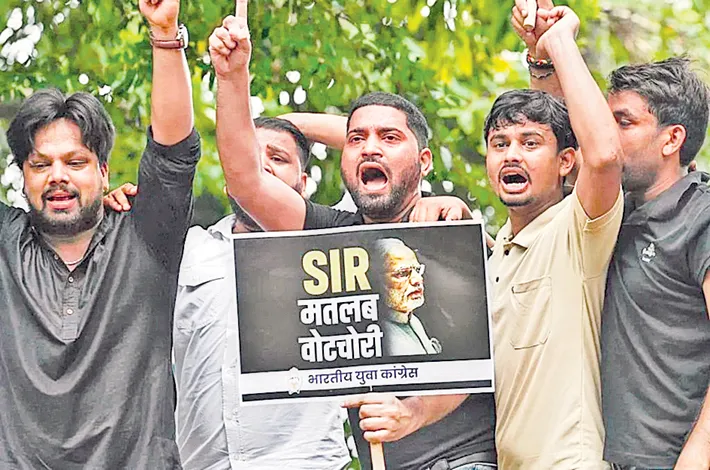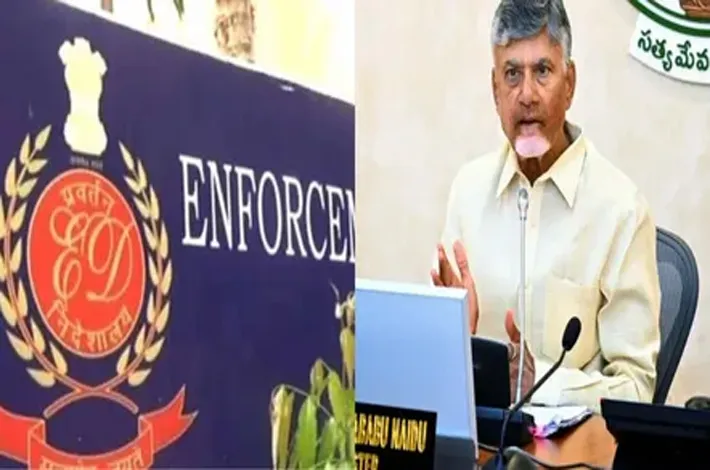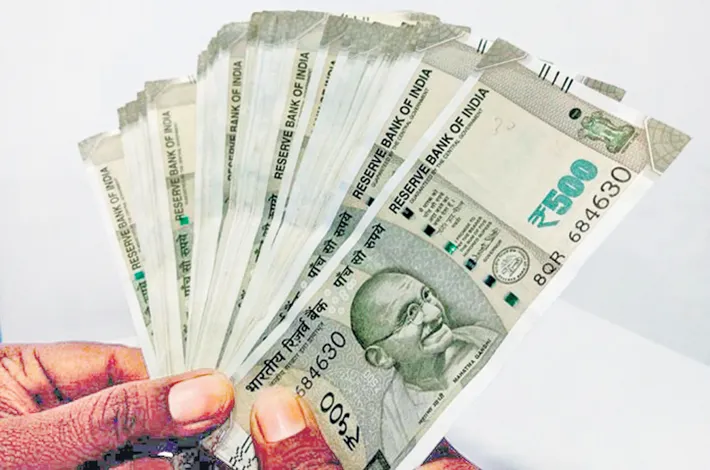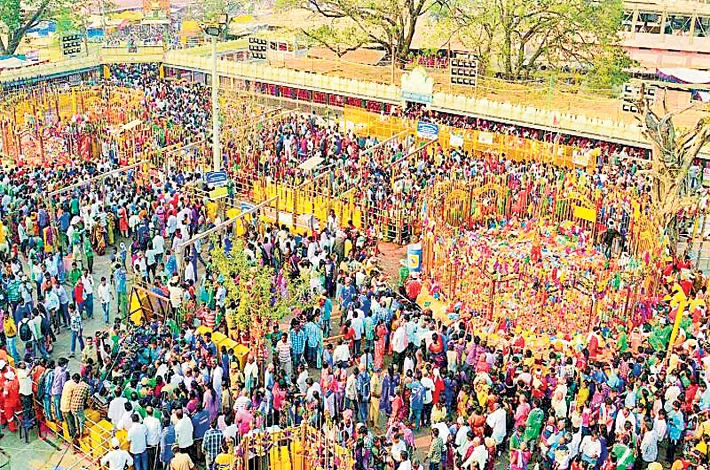Stealing the mandate and how!
12-08-2025 12:00:00 AM

Anita Saluja
Credibility is the foundation of any leader or political party. Once lost, even charisma and personality fall apart. As the saying goes, “Justice should not only be done but must also be seen to be done.” In recent years, several developments in India have raised questions about the credibility of Prime Minister Narendra Modi. Allegations of misusing independent institutions like the Enforcement Directorate (ED) and the CBI have become increasingly common.
Opposition leaders have frequently faced legal action, often seen as politically motivated. In Delhi, for example, almost the entire AAP Cabinet, including then Chief Minister Arvind Kejriwal, was jailed. Though many were eventually released due to lack of evidence, the timing of their arrests severely impacted their ability to campaign during elections.
Across various states, the ED has pursued multiple cases against BJP’s political rivals, often invoking disproportionate assets charges. This trend has triggered accusations that investigative agencies are being weaponized to silence dissent.
As a result, many MPs and MLAs have switched allegiance to the BJP, reportedly to avoid harassment or frivolous charges—a shift seen by critics as coercive rather than voluntary. Such developments have cast a shadow over the principle of impartial governance and the credibility of democratic institutions.
If that wasn't enough, the BJP government has now crossed all limits by allegedly manipulating Assembly and Lok Sabha elections with the help of the Election Commission—an institution meant to function independently. India, once proud to be the world’s largest democracy where ballots were cast, not rigged, is seeing that belief steadily erode since 2014. Today, it's harder to claim we have free and fair elections.
Congress President Rahul Gandhi has exposed serious irregularities in the Election Commission’s functioning. In Karnataka, he revealed that in a single room, 80 fake votes were cast under duplicate names. None of the listed voters were found at their registered addresses.
In the Mahadevapura Assembly segment alone, over one lakh excess votes allegedly gave the BJP a decisive lead. Despite losing in all other seven Assembly segments, this margin helped the BJP secure the Bengaluru Central Lok Sabha seat. No wonder that everyone was amazed not only with the Lok Sabha election results in 2024 but also in the Assembly elections in Haryana and Maharashtra.
Rahul Gandhi's claim that elections are being manipulated has been substantiated and proved by him. No doubt, all his alliance partners in various States have the same belief, the reason they have all joined hands to hold demonstrations and court arrest in a big way. NCP leader Sharad Pawar recalled how he was approached by his opponents that if his party joined hands with them, they are sure to get 200 seats. He wondered how this person was sure that they would get around 200 votes. Now, he said, it became clear to him that they do indeed manipulate votes.
It was a show of strength in Delhi, where around 300 MPs held demonstrations and courted arrest on their way to the office of Election Commission. Surprisingly, the EC has no answers to the charges made by the Congress leader. Unless EC comes with reasonable answers, the Opposition is not going to sit quietly. Moreover, this is happening, prior to the Bihar Assembly elections where the EC was going ahead with the SIR (Special Intensive Revision) of the Electoral rolls. This hasty, arbitrary and whimsical SIR aims at helping BJP win through dubious means, through back door, the Bihar Assembly elections. With this move, nearly 40 per cent of Bihar's voting population faces disenfranchisement. It seeks to delete names of Dalits, OBCs, Adivasis and Minorities, who generally do not vote for the BJP.
Ironically, as MPs protested and courted arrest outside Parliament, the BJP held a press conference defending the Election Commission. Instead of dismissing concerns, they should have acknowledged the Opposition’s apprehensions and urged the EC to clarify doubts. This would ensure lawmakers and the public are confident that elections were fair and not tainted by irregularities.
The election process—Notification, Nomination, Campaigning, Polling, and Counting—is marred by manipulation at every stage. Notifications are issued in consultation with the Centre, allowing the ruling party to time announcements before the Model Code of Conduct kicks in. During campaigns, grievances against the ruling party are ignored, while Opposition leaders face strict action. Even voting hours are extended arbitrarily to suit the ruling party.
In February 2024, the Supreme Court declared the Chandigarh Mayoral polls illegal after the Returning Officer was caught tampering with Congress and AAP votes to ensure a BJP win. The nation watched as AAP’s Kuldeep Yadav was blatantly denied victory on live television.
Such electoral misconduct is often driven by promises of rewards or government positions. Unless this trend is curbed, the corruption of India’s electoral system will continue to erode democracy and tarnish the nation’s image.
It's no secret that voters are lured before elections with liquor or cash by all major parties. Though the Election Commission has rules to limit excessive spending, candidates often spend ₹10 crore in Lok Sabha and ₹5 crore in Assembly polls. When the EC itself becomes a tool of the ruling government, the very purpose of elections is undermined.
Urban voter turnout is already low, with growing public disillusionment. If the EC loses its credibility, voter apathy will deepen—and our democracy may not survive.
(Anita Saluja is Delhi-based Senior Journalist and Political Commentator. Views are personal.)








